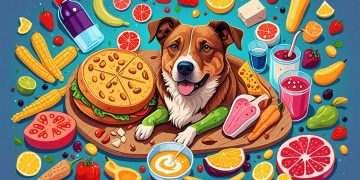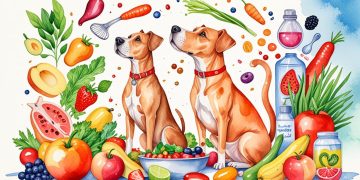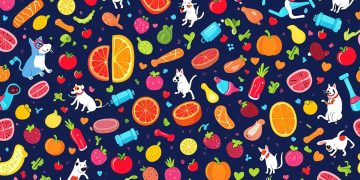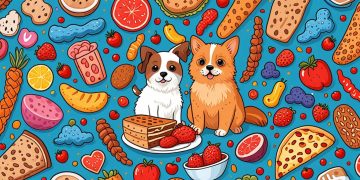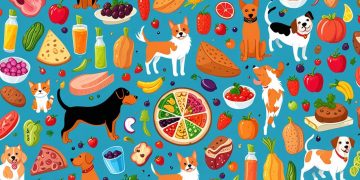This article explores the nutritional differences between dog and cat breeds, emphasizing their distinct dietary needs. Cats, as obligate carnivores, require higher protein levels and specific nutrients like taurine, while dogs, being omnivores, thrive on a more varied diet. Understanding these requirements is essential for optimal pet health and wellness.
